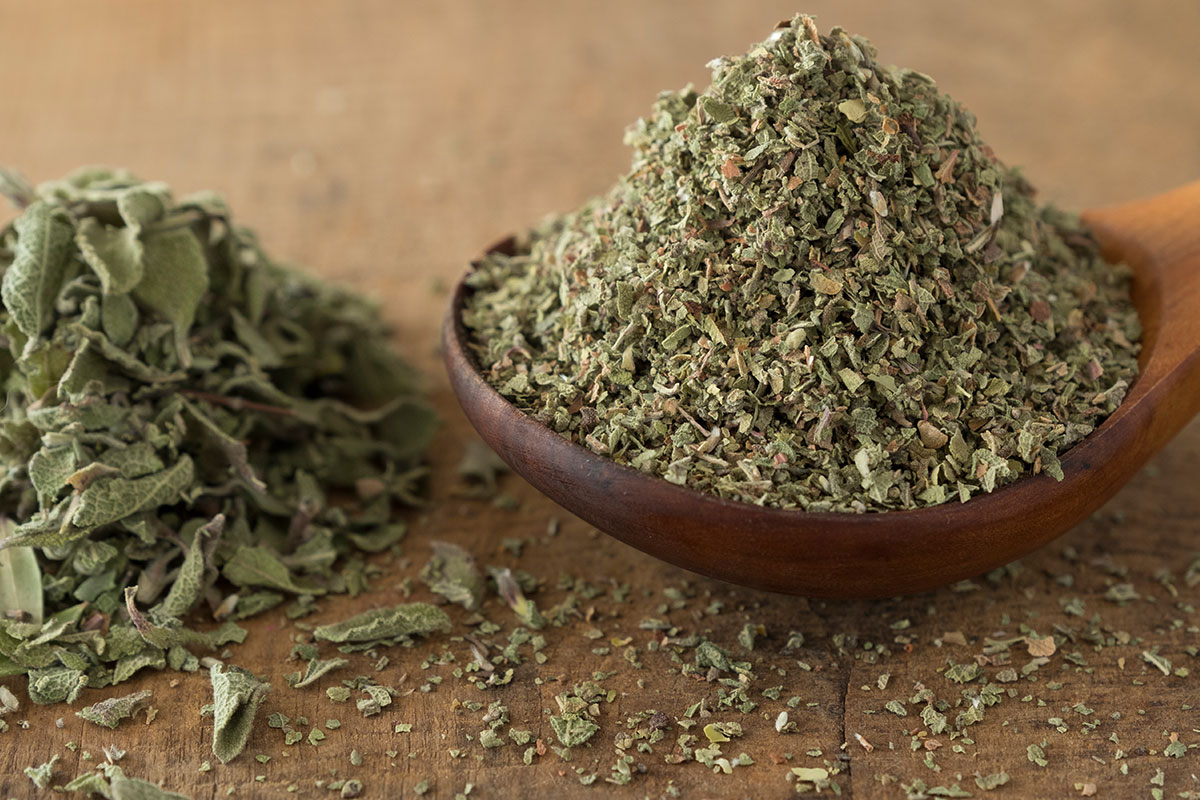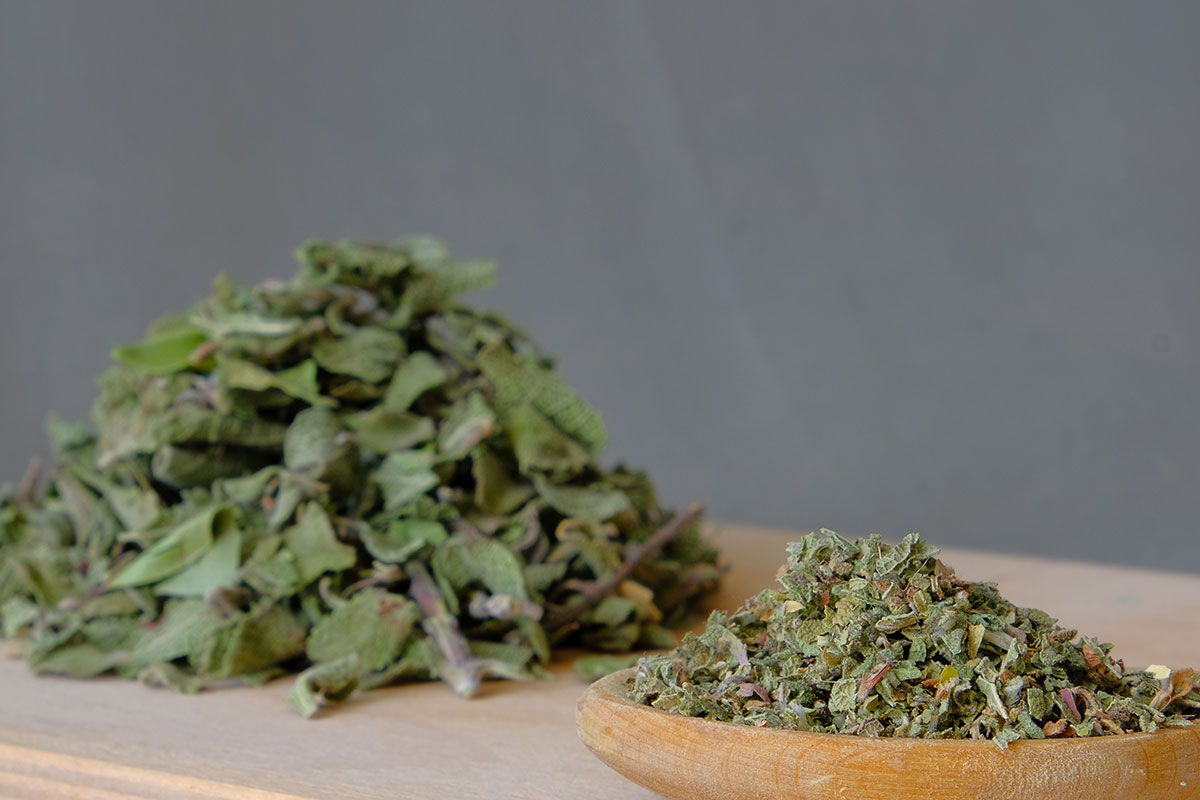7 Powerful Reasons Why Cistus From Turkey Is Gaining Global Attention
Cistus is a plant long rooted in Mediterranean landscapes, prized for its distinctive characteristics, rugged resilience, and cultural importance. In recent years, interest in cistus has grown not only due to its traditional uses but also because of its suitability for sustainable farming. Among the countries with a rich history of cultivating this aromatic plant, Turkey is emerging as a leading producer, particularly in its sun-drenched southern regions. With the perfect combination of natural conditions and centuries-old agricultural practices, Turkey is positioning itself as a vital source of high-quality cistus.
Here are seven reasons why cistus cultivation in Turkey is drawing global interest.
1. Ideal Climate and Geography
The cistus plant thrives in dry, rocky, and sunny environments, making Turkey’s Mediterranean and Aegean regions particularly favorable for its growth. Provinces like Antalya, Muğla, and Mersin offer the perfect combination of arid hillsides, warm temperatures, and low humidity. These conditions support the plant’s natural life cycle, allowing it to flourish without requiring intensive irrigation or fertilizers. In these coastal and mountainous areas, wild cistus often grows naturally, and local farmers increasingly cultivate it in organized fields, preserving its organic integrity.
2. Deep-Rooted Traditional Knowledge
Turkish communities have interacted with cistus for generations. Local farmers and foragers understand how to manage the plant sustainably—knowing when to collect its leaves and resin and how to process it without disrupting its natural ecosystem. This traditional wisdom has been passed down through rural villages, particularly in the southwestern regions. By combining ancestral knowledge with modern harvesting techniques, Turkish growers ensure that the plant remains both culturally significant and commercially viable.
3. Naturally Sustainable Agriculture
Cistus is a drought-tolerant, hardy shrub that requires very little maintenance. Its ability to thrive in poor soil without artificial irrigation or inputs makes it a low-impact crop, especially important in a time of growing concern over water use and soil degradation. In Turkey, many farmers who cultivate cistus do so on marginal lands that are unsuitable for other crops. This promotes biodiversity and helps prevent erosion in regions where land use is otherwise limited.
4. Expanding Domestic and International Demand
The demand for natural, plant-derived products has surged globally, and cistus is benefiting from this trend. Turkish producers have responded by increasing cultivation efforts while maintaining the quality and authenticity of the product. The growth in demand is not limited to exports; domestic interest in traditional and aromatic plants has also been on the rise. Cistus-based products made in Turkey are increasingly being featured in local markets and artisanal fairs, contributing to rural economies and national production diversity.
5. Unique Aromatic Profile
The aroma of Turkish cistus is highly distinctive, shaped by the climate, soil, and native flora of the regions where it grows. Compared to other growing areas in the Mediterranean, Turkey offers a subtle variation in fragrance and appearance, which some users find particularly appealing. This makes Turkish cistus an interesting choice for companies and artisans looking for regional variety and natural depth in their raw materials.
6. Strong Community Involvement
In Turkey, cistus cultivation is often a family or community activity. Smallholder farmers gather the leaves and plant matter by hand, preserving the quality of the harvest while also generating rural employment. Local cooperatives in regions such as the Taurus Mountains have formed to share tools, knowledge, and market access, ensuring that profits are distributed more equitably among participants. This social aspect contributes to the preservation of traditional agricultural lifestyles and enhances the resilience of rural communities.
7. Increasing Research and Development
Turkey’s academic institutions and agricultural organizations are showing increased interest in local plants like cistus. While traditional methods still dominate production, there are ongoing efforts to study improved harvesting, drying, and storage techniques to maximize yield and preserve quality. Regional research also supports ecological monitoring, ensuring that cistus continues to be grown in ways that support biodiversity and land conservation.
As awareness of sustainable and heritage crops increases, cistus from Turkey stands out as an exceptional example of how traditional knowledge, ideal natural conditions, and local dedication can meet modern demand. The plant’s cultural relevance, resilience, and aromatic character make it not just a botanical resource but a living symbol of Turkey’s rich agricultural landscape. From the sunbaked hills of the Aegean coast to the remote mountain valleys, Turkish cistus continues to grow—both in the ground and in global recognition.
Product Information
Crop: Wild grown on mountains
Parts used: Leaves
Quality: Hand picked. Sun-Dried, cleaned, 100% pure and natural.
Available as: Ground in various sizes and Powder
Industry used: Food, Dietary/Nutritional Supplement, Phytotherapy and Feed industries.
Packaging: Kraft paper bags, PP bags and PE bags in various sizes
Country of origin: TÜRKİYE



